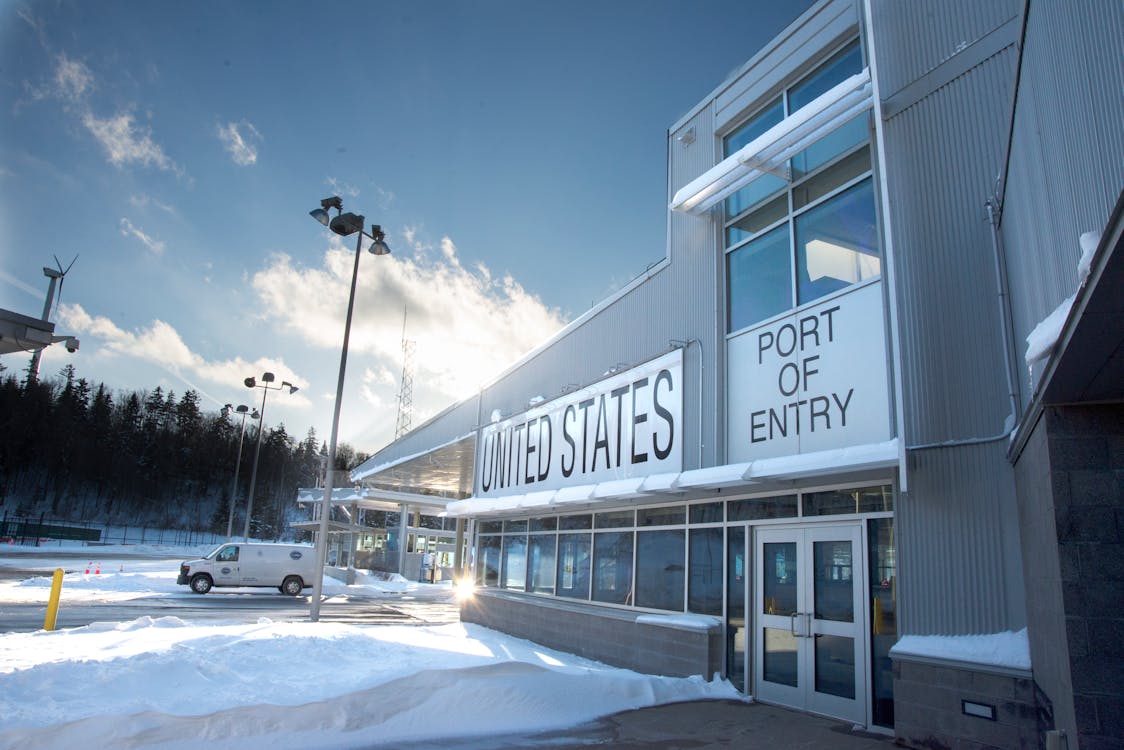US Visas For Thai Citizens
There are various types of US Visas for Thai Citizens. These include K-1 visa, CR-1 visa, and Adjustment of Status. Each of these visas has its own specific requirements and benefits. Hence, if you are a Thai citizen and are thinking of applying for any of these visas, make sure to find out all the details before you actually fill up any form.
K1 Visa for Thai Fiancee
If you are an American citizen, you may bring your Thai fiancée to the US. However, you will need a K1 Visa to do so. Before you apply, you should know how the process works.
First, you must file a petition with the USCIS. You should choose a USCIS service center in your area. Once your petition is approved, you can submit it to the National Visa Center in Bangkok. After that, your Thai fiancée's visa application will be processed and approved.
The process is not complicated. However, you may want to hire a lawyer to help you get through it. He or she will be able to provide you with interview training and help you prepare the proper documents.
When you are ready to submit the petition, you should have all the necessary documents in hand. Make sure that you do not miss any step in the process.
The US Embassy in Thailand will send you a packet with a DS-160 application form and other important documents. These documents will be helpful to prepare for the visa interview.
K3 Visa Application
A K3 visa is issued to spouses of United States citizens who want to enter the United States for a short period of time. They can be granted a lawful temporary visa status for two years and then apply for a green card.
In order to qualify for a K3 visa, a couple must be legally married. The marriage must be verified by the US Embassy in Bangkok. If the marriage is sham, the visa application will be denied.
To obtain a K3 visa, a foreign spouse must complete the application process at a US Consulate or Embassy in their home country. There are several forms and documents required.
First, the foreign spouse must fill out the DS-160 form online. This form will help the US Department of State verify the marital relationship. Once the spouse has completed the form, they can pay the processing fee.
Once the DS-160 has been processed, the foreign spouse must attend an interview at the U.S. Embassy. At this interview, they will be asked questions about their personal background and why they wish to visit the U.S. They will also be asked to give a brief background on their family, including children.
CR-1 Visa for Thai Wife
A Thai wife can apply for a CR-1 Visa to bring her spouse to the United States. However, there are certain rules and procedures involved in acquiring this visa.
First of all, the applicant needs to be legally married to a US citizen. It is also important to have a long-term Thai visa. The couple can file for a green card once they have been married for a couple of years.
If a spouse is awarded the CR-1 Visa, she can go to the United States with her spouse and move to the country. The visa is granted for 6 months. During this time, the spouse can travel outside of the country.
After the CR-1 Visa is awarded, the spouse has to file an Employment Authorization form at a USCIS office. This will show that the spouse has sufficient funds to support herself in the United States. Upon approval, the spouse will receive a work permit.
Adjustment of Status
When a Thai citizen applies for a US visa, they may be eligible for Adjustment of Status. Adjustment of Status is a procedure by which an alien's immigrant visa is adjusted to permanent resident status. In order to qualify for this type of status, an applicant must be an immediate relative of a U.S. citizen or have been married to a U.S. citizen for at least two years.
A Thai citizen who has been married to an American citizen for at least two years is considered a binational couple. If they have children, they can file for Adjustment of Status. This process is a separate process from naturalization, which will be covered later in the video.
An Adjustment of Status application must be filed within 180 days of the 180-day pending date of an employment authorization document. Employment authorization documents will not be issued to applicants for Adjustment of Status under section 902 of the HRIFA until 180 days after the pending date.

